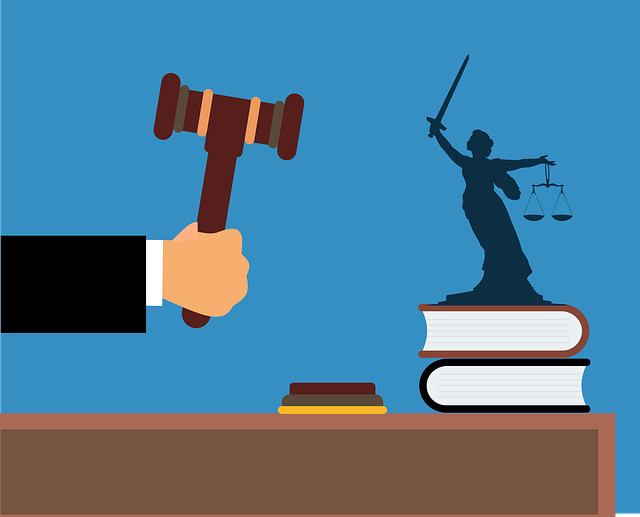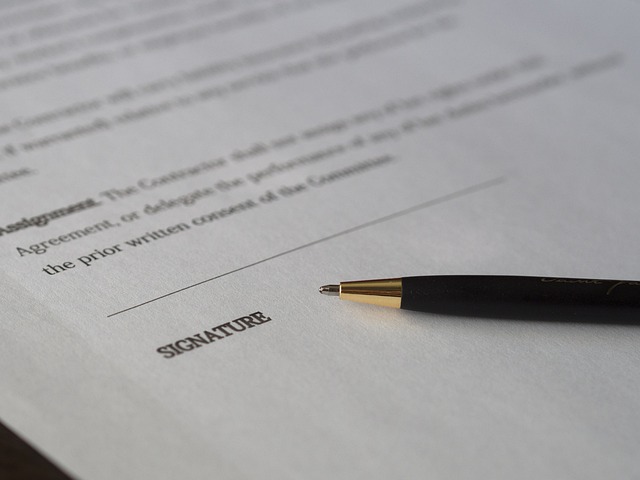A lawyer's expertise is essential in crafting contracts that are legally sound, clear, and enforceable. Their role involves ensuring the document aligns with legal standards, safeguarding their client's interests, translating complex legal stipulations into straightforward language, and addressing potential issues proactively to reduce future disputes. In litigation, lawyers use their knowledge of law to advocate vigorously for their clients' rights and interests in courtroom proceedings. They provide strategic guidance tailored to the contract's specifics and its legal environment, often preventing costly litigation by clearly delineating terms and responsibilities. Lawyers ensure that contracts are equitable and fair for all parties, effectively bridging the intent behind the agreement with a concrete legal framework. Their proficiency in law is indispensable for drafting contracts that comply with statutory requirements, withstand legal scrutiny, and protect clients from potential liabilities and risks. This comprehensive approach by lawyers in contract creation and review not only upholds legal standards but also maintains the integrity of agreements within various legal scenarios.
Navigating the complexities of contract creation and management is a critical aspect of safeguarding business interests and ensuring legal compliance. This article delves into the indispensable role comprehensive legal support plays in drafting, reviewing, and maintaining contracts, with an emphasis on the expertise of lawyers in these processes. We will explore the importance of leveraging professional legal guidance to create contracts that not only reflect the intent of the parties involved but also stand up in a courtroom should disputes arise. From understanding the key elements that make a contract legally binding to knowing how to maintain contract integrity over time, this comprehensive guide will equip you with the insights needed to approach contract law with confidence. Whether you’re an entrepreneur, business owner, or individual looking to secure your agreements, the guidance provided here will be instrumental in ensuring your contracts are robust and enforceable.
- Understanding the Role of a Lawyer in Contract Creation
- – The Importance of Legal Expertise in Drafting Contracts
- – How a Lawyer Analyzes Client Needs for Tailored Contract Solutions
- – The Process of Contract Review and Risk Assessment with a Lawyer
Understanding the Role of a Lawyer in Contract Creation

When engaging in contract creation, the role of a lawyer is multifaceted and indispensable. A lawyer brings a deep understanding of the law to the table, ensuring that the contract adheres to legal requirements and protects the interests of their client. They interpret complex legal provisions and translate them into clear, actionable terms within the contract, mitigating potential legal issues before they arise. In the event of a dispute, the lawyer’s expertise becomes even more critical as they represent their client in courtroom proceedings, advocating for their rights and negotiating on their behalf. Their presence safeguards against ambiguities or loopholes that could be detrimental, thereby ensuring the contract is robust, enforceable, and fair.
The legal acumen of a lawyer extends beyond drafting; they also provide strategic advice based on the specifics of the contract and the legal context in which it operates. This proactive approach to contract creation can save clients from costly litigation by clearly defining the terms and obligations of each party involved. In essence, the lawyer’s role is to bridge the gap between the intent behind a contract and its tangible, legally binding form, ensuring that all parties enter into an agreement with mutual understanding and legal security.
– The Importance of Legal Expertise in Drafting Contracts

When drafting contracts, the nuanced understanding of legal language and the complexities of the law is paramount. A skilled lawyer brings to the table a deep knowledge of statutory requirements, case law precedents, and the intricacies of contract law that can significantly impact the enforceability and fairness of a contract. In the courtroom, contracts are often scrutinized under a microscope, with the validity of their terms and conditions being tested against a backdrop of legal principles. Engaging a lawyer to draft or review a contract ensures that the agreement is not only compliant with current laws but also anticipates potential disputes, thereby reducing the risk of costly litigation and providing clarity for all parties involved.
– How a Lawyer Analyzes Client Needs for Tailored Contract Solutions

Lawyers play a pivotal role in the creation of contracts that are legally sound and aligned with their clients’ intentions. When a client approaches a lawyer for assistance in drafting a contract, the legal professional begins by meticulously analyzing the client’s needs, objectives, and the specific context within which the contract will operate. This initial assessment involves understanding the client’s business operations, the nature of the agreement, and the desired outcomes. The lawyer’s expertise ensures that all legal considerations are accounted for, from compliance with relevant statutes to protecting the client’s interests in potential courtroom settings. By leveraging their knowledge of the law, lawyers can craft contracts that not only reflect the intent of the parties involved but also stand up to scrutiny should the matter proceed to a courtroom setting.
The process continues with the lawyer identifying potential risks and liabilities associated with the contract terms. This risk assessment is crucial in tailoring solutions that mitigate exposure while facilitating mutually beneficial agreements. The lawyer’s role extends beyond drafting; it includes advising on the most effective clauses to address issues such as dispute resolution, termination conditions, and enforcement mechanisms. This proactive approach to contract creation ensures that clients are well-prepared for any future legal challenges, providing peace of mind and strategic advantage in their business dealings. The end result is a customized contract that serves as a solid foundation for the client’s endeavors, prepared with foresight and legal precision.
– The Process of Contract Review and Risk Assessment with a Lawyer

When engaging in the legal process for contract creation, a pivotal step is the meticulous review and risk assessment conducted by an attorney. This expert analysis ensures that all terms are clear, enforceable, and reflective of each party’s intentions within the bounds of the law. The lawyer scrutinizes the contract language to identify potential loopholes or ambiguities that could lead to disputes or legal challenges in a courtroom setting. By anticipating various scenarios, the attorney advises on the best course of action to mitigate risks, thereby protecting clients’ interests and upholding legal standards.
In collaboration with the client, the lawyer evaluates the contract’s provisions against the backdrop of existing laws and regulations. This due diligence is crucial in ensuring that the agreement adheres to statutory requirements and does not inadvertently expose the parties involved to undue risks. The legal professional’s expertise is instrumental in navigating the complexities of contract law, guaranteeing that each clause is sound and that the rights and obligations of all parties are clearly defined and fair. This comprehensive support is essential for safeguarding the integrity of the contract and the satisfaction of its participants.
In conclusion, engaging a skilled lawyer is pivotal in the creation of contracts that safeguard your interests and comply with the intricacies of the law. Their role extends beyond mere drafting; it encompasses a nuanced analysis of client needs, a meticulous review process, and a thorough risk assessment to ensure the legality and enforceability of agreements. By leveraging their expertise, individuals and businesses can navigate the complexities of contract law with confidence, knowing that their contracts are robust and resilient in the event they encounter disputes within a courtroom setting. The legal framework governing contracts is not static, and having a lawyer as an ally ensures that your contractual obligations remain up-to-date and aligned with current legal standards.
